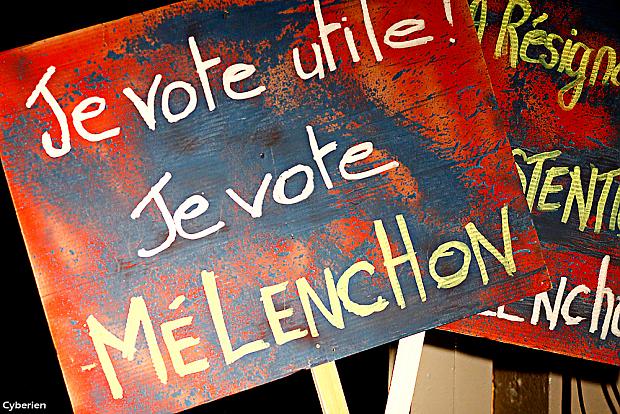The long arm of Brussels
The long arm of Brussels
The most left candidate in the French presidential election, Jean-Luc Mélenchon, just failed to make the second round, which will now be contested by Marine Le Pen and Emanuel Macron. The election being today, this has only just emerged, but what has been clear over the last few days is how the established European order has turned en masse against candidates for office who are seeking to shake up the European Union. In this they are doing neither the public in Europe nor the EU itself a service: the longer the EU remains the plaything of eurocrats and corporate lobbyists, the greater the chance will be that the whole mess will fall apart.

The media have paid a great deal of attention to the French election. It was striking how not only Le Pen, but also Mélenchon was characterised as dangerous to the EU, despite the fact that he is not opposed to European cooperation as such. He does indeed want to shake off the yoke of the ridiculous budgetary rules and take back control over public services. So yes, if the EU continued to refuse to change, he would turn to harder measures, up to and including the introduction of a parallel national currency.
The long arm of Brussels is everywhere, as are the vested interests of the established Brussels order. I’ve made the comparison in the past, but the EU is like a room protected by a barbed booby-trap: as long as you do what the Commission asks, you will slide past the entrance easily enough and when you arrive you’ll be well-received. But if you have fundamental criticisms to make of the European Commission and its neoliberal policies and try to take a step away, you’ll find yourself caught in the trap’s barbs.
It would help enormously if those inside the Brussels bubble could see that sooner or later the bomb will explode. You can’t simply ignore criticisms from major sections of the population, or respond to them with all sorts of manipulation. There must and will be a change of direction, preferably via elections which bring people to power who want to work towards such a reform. People such as Mélenchon, for example. People who are truly in favour of European cooperation would have been much better advised to support him than writing him off as a dangerous extremist.
- See also:
- Dennis de Jong
